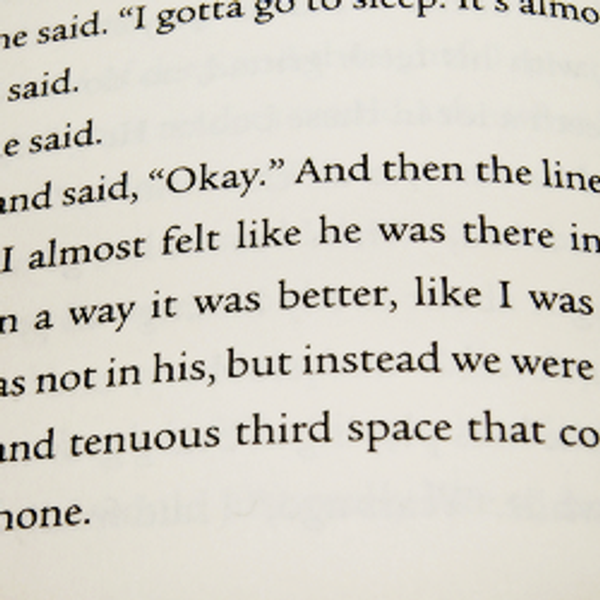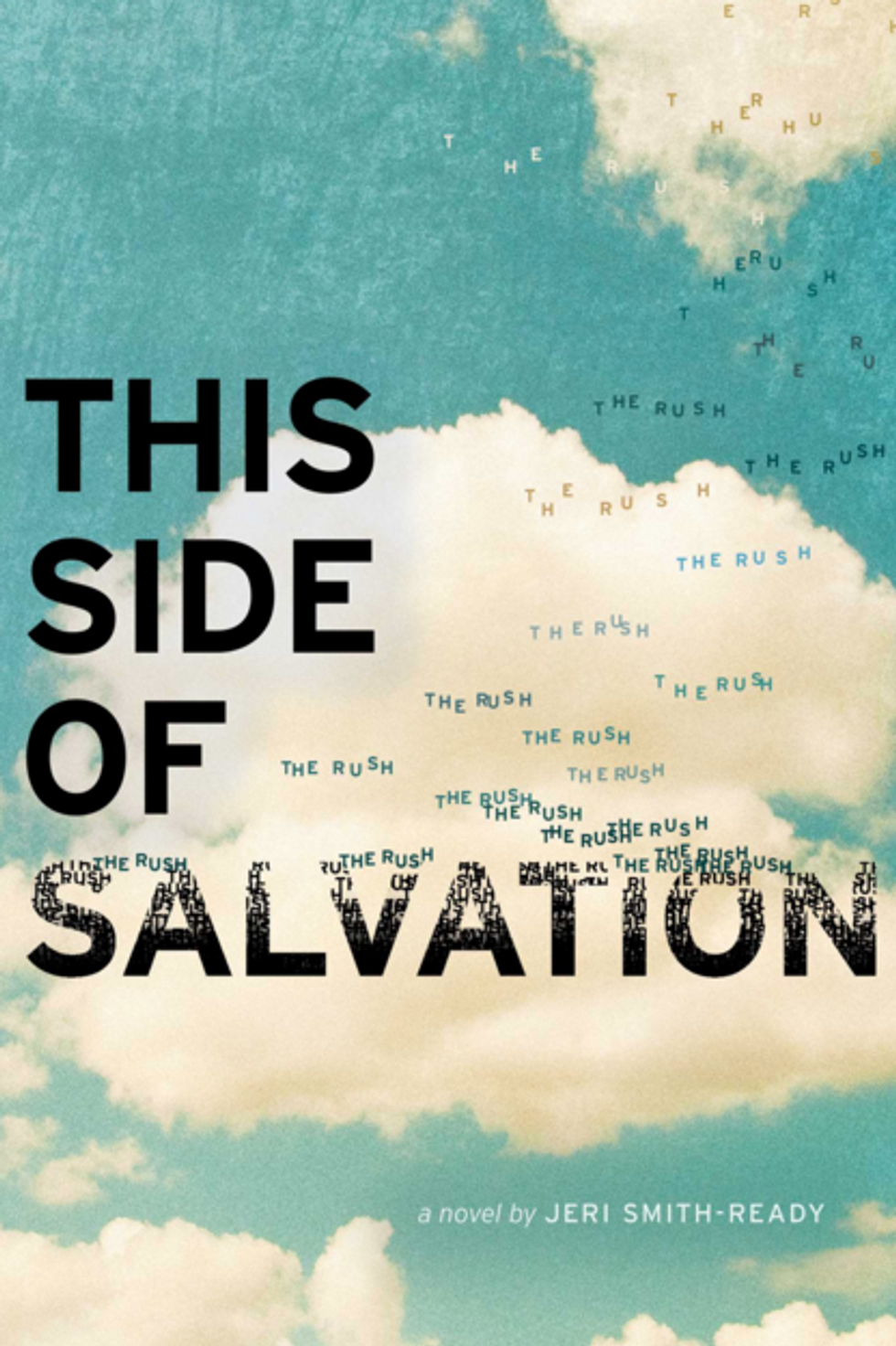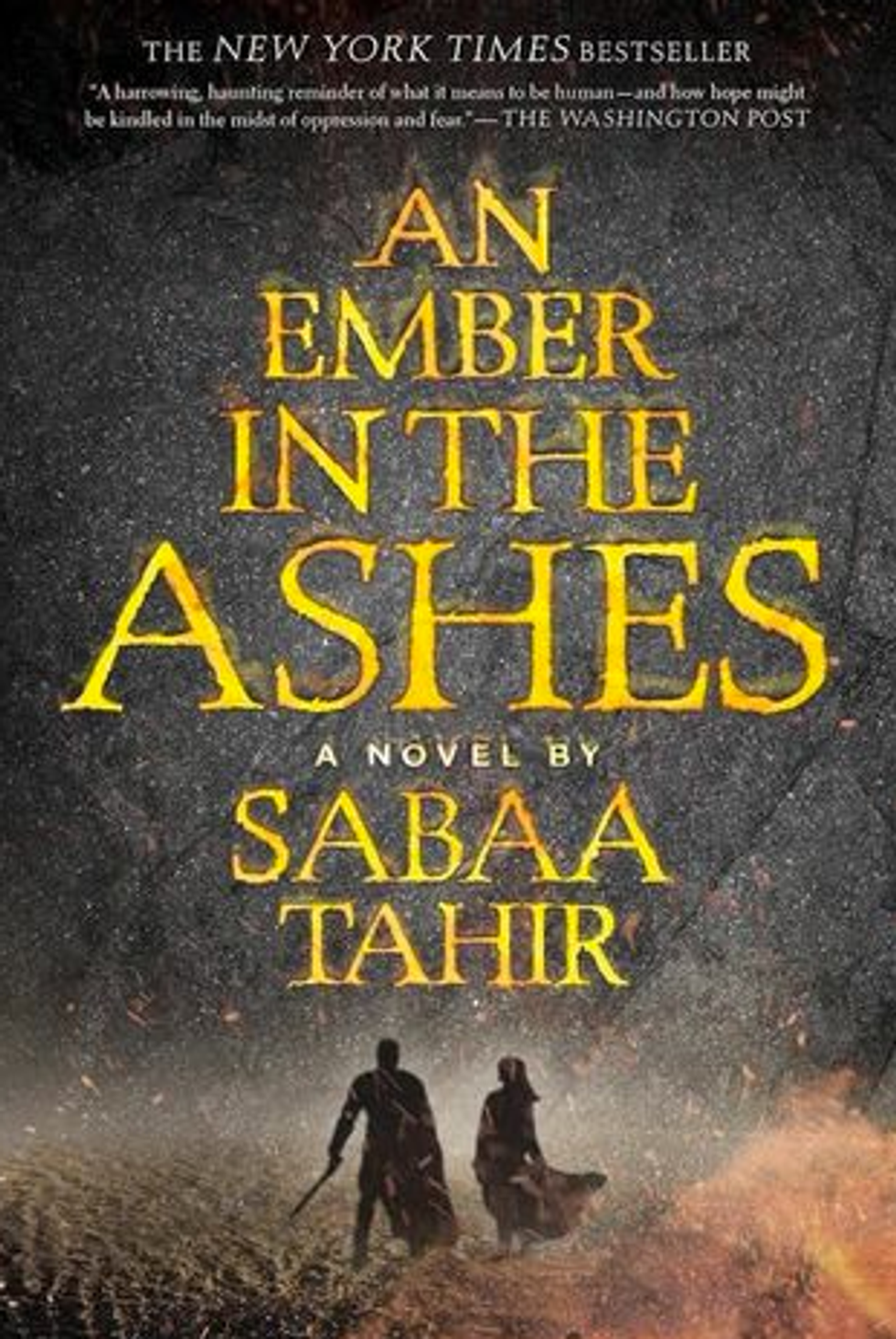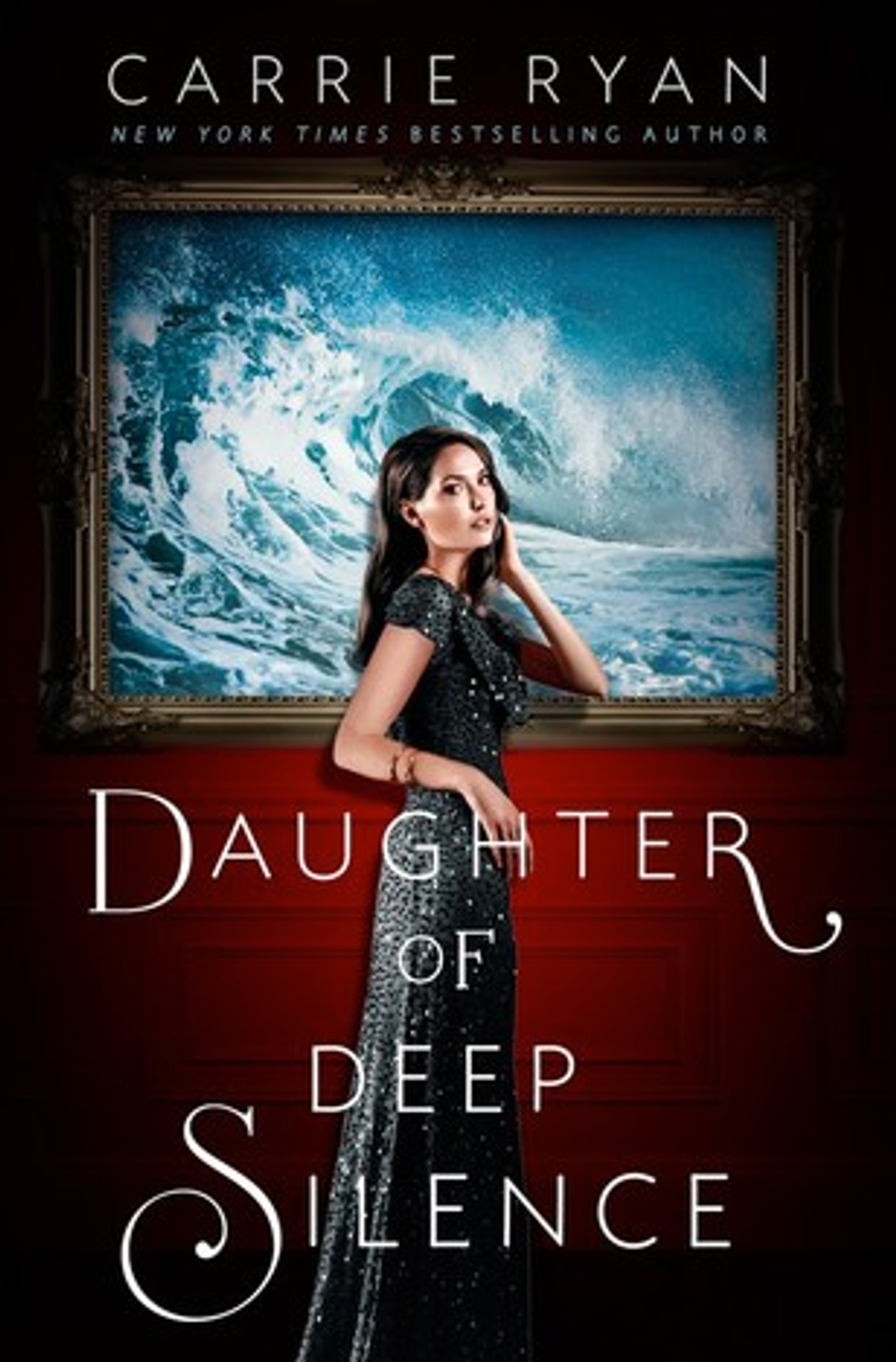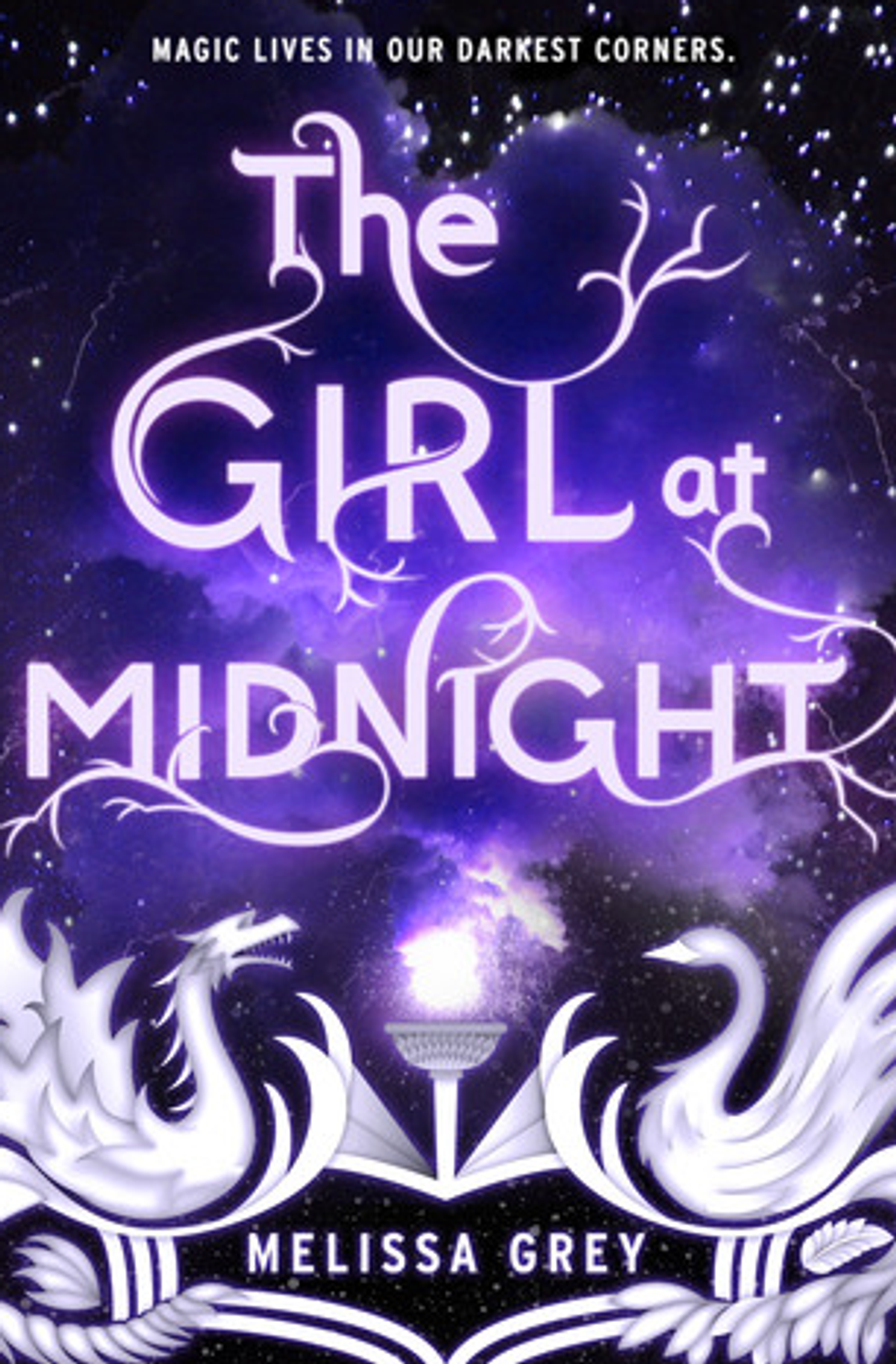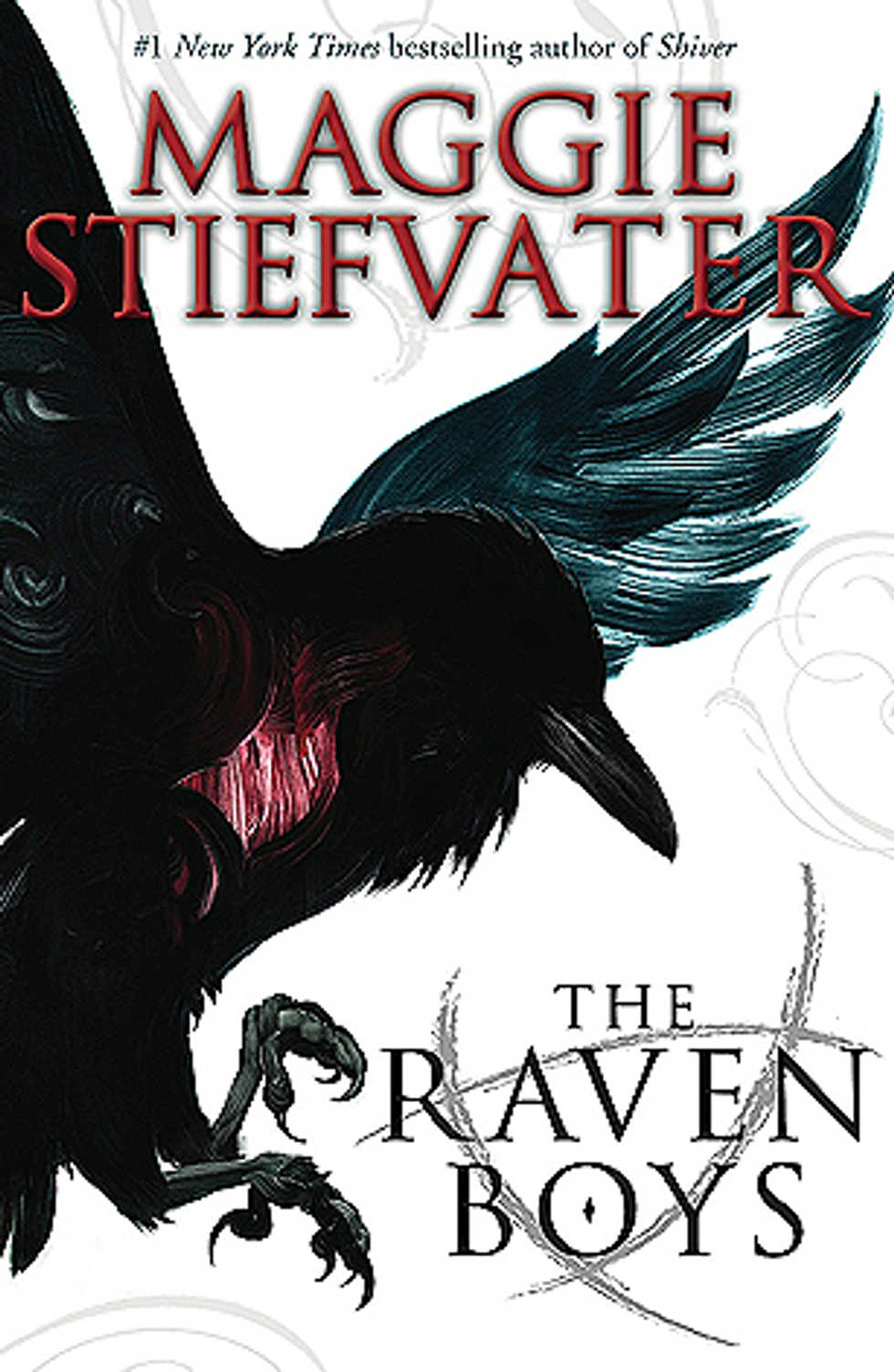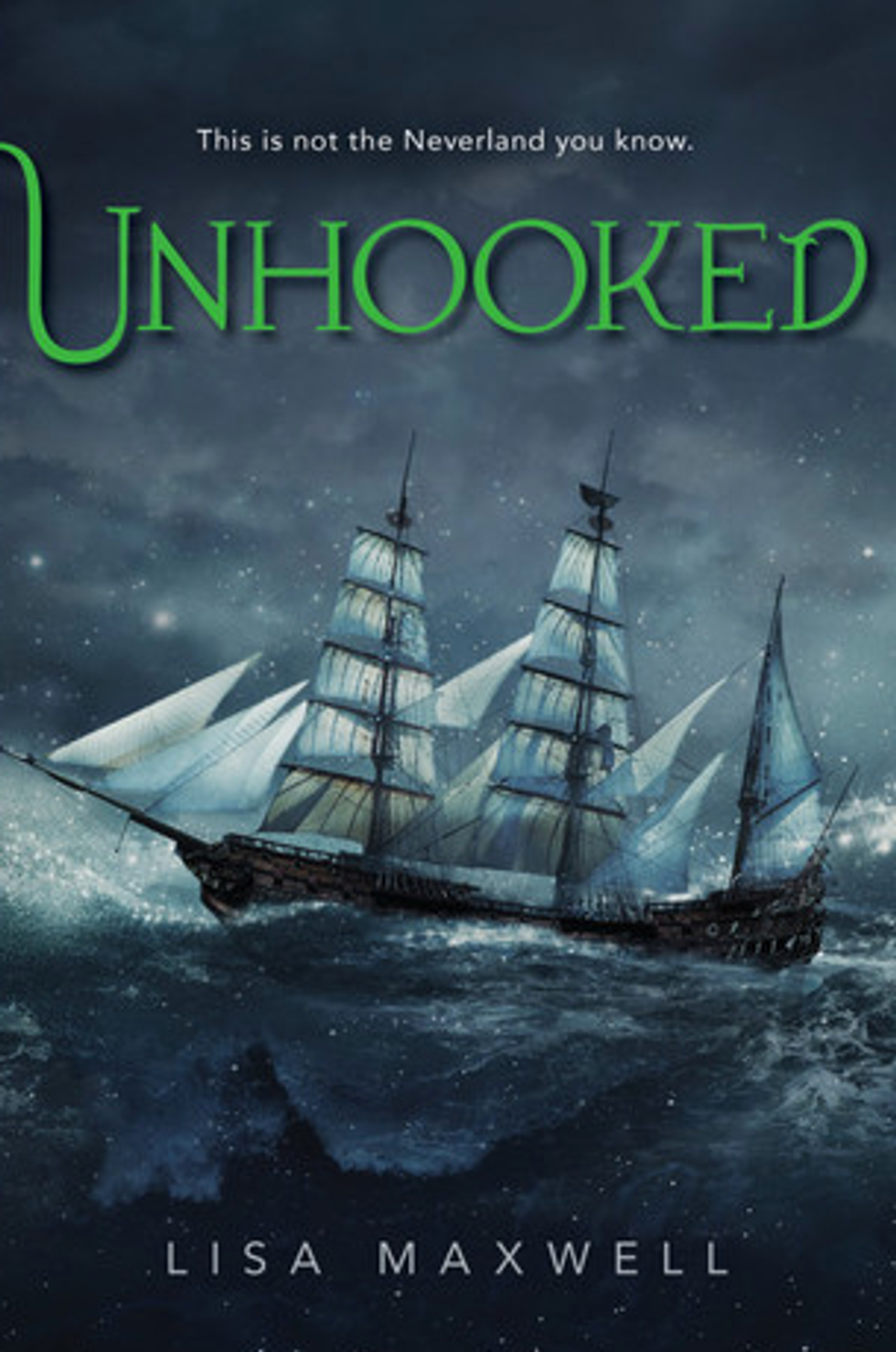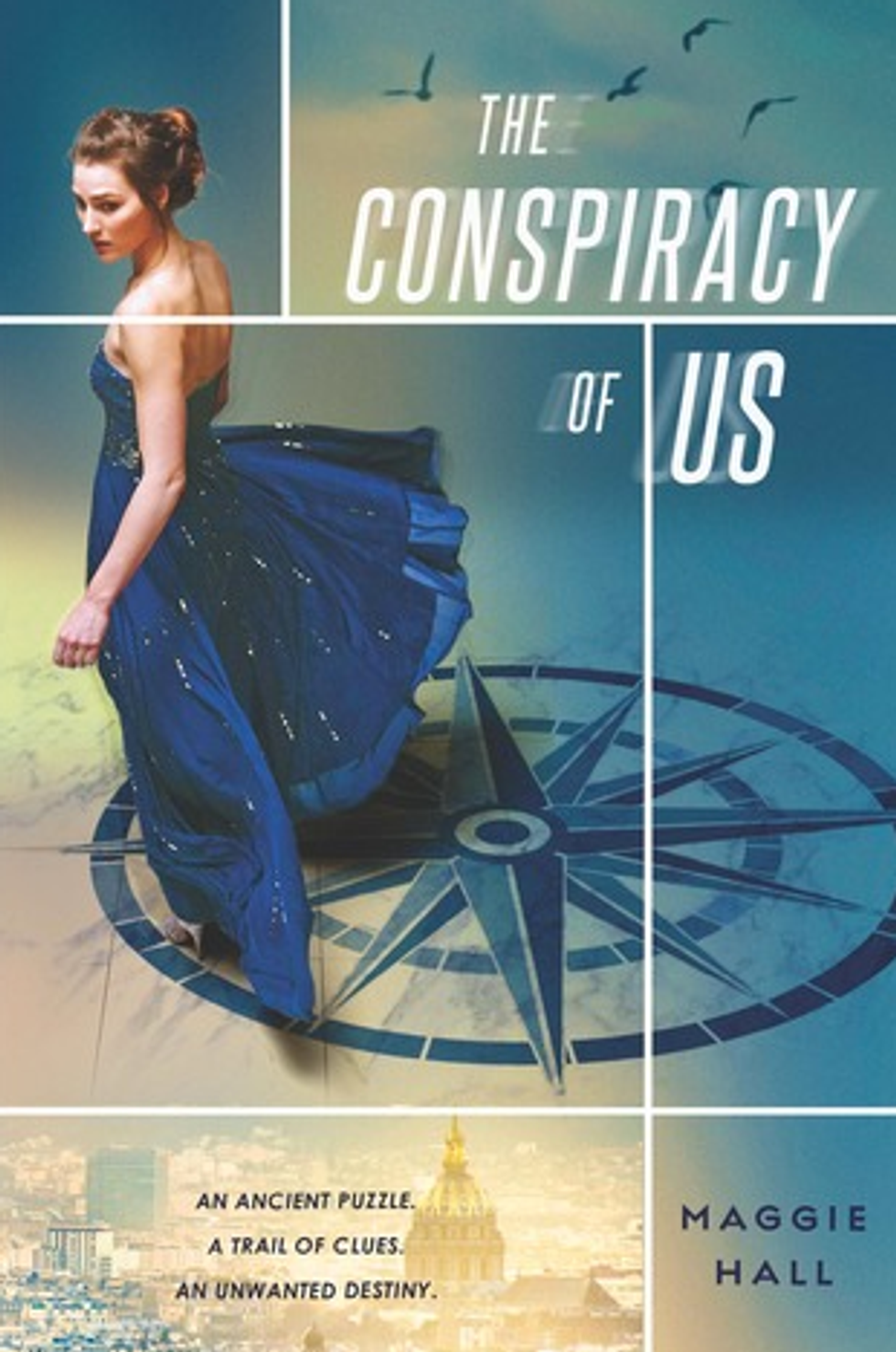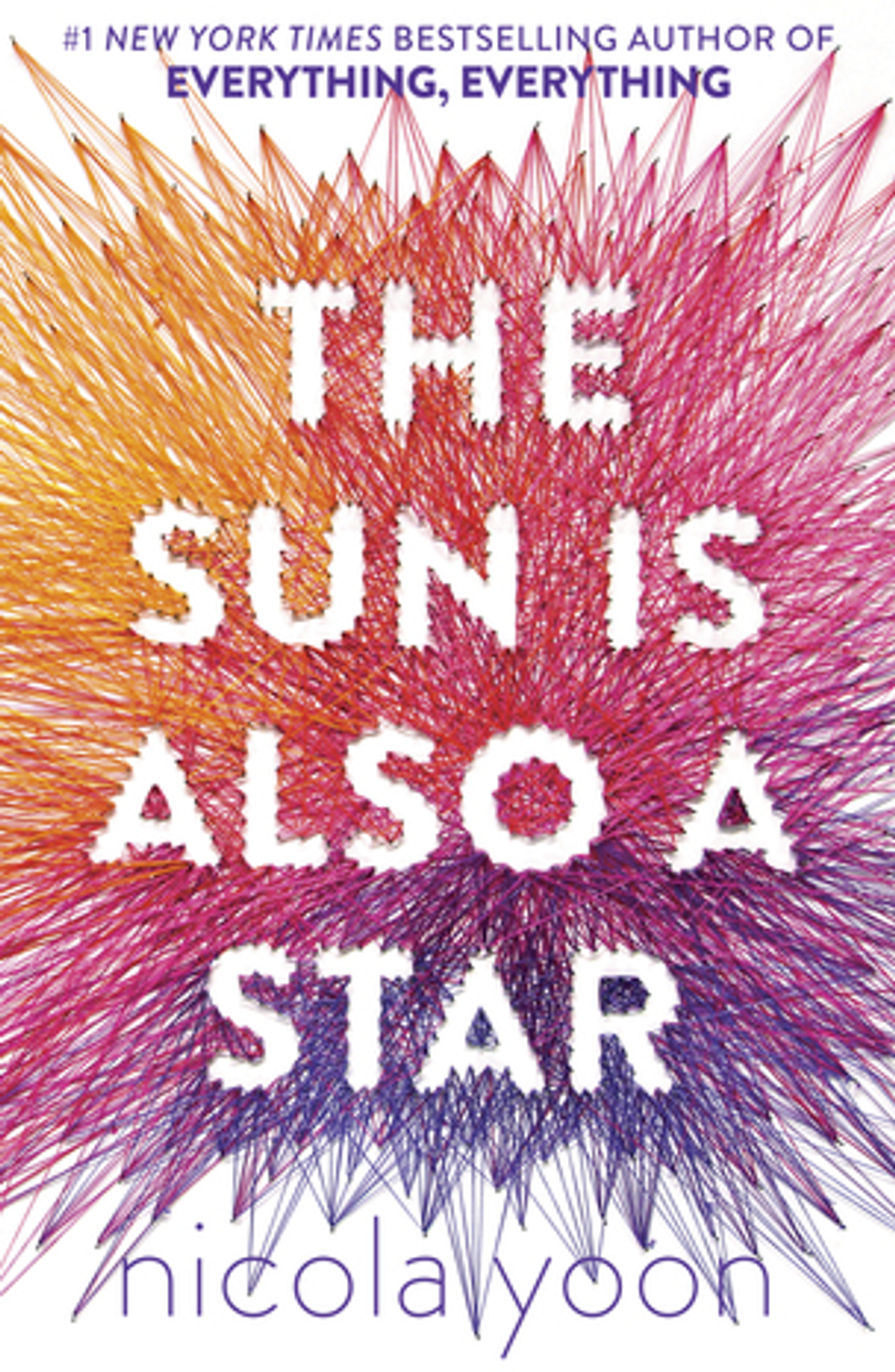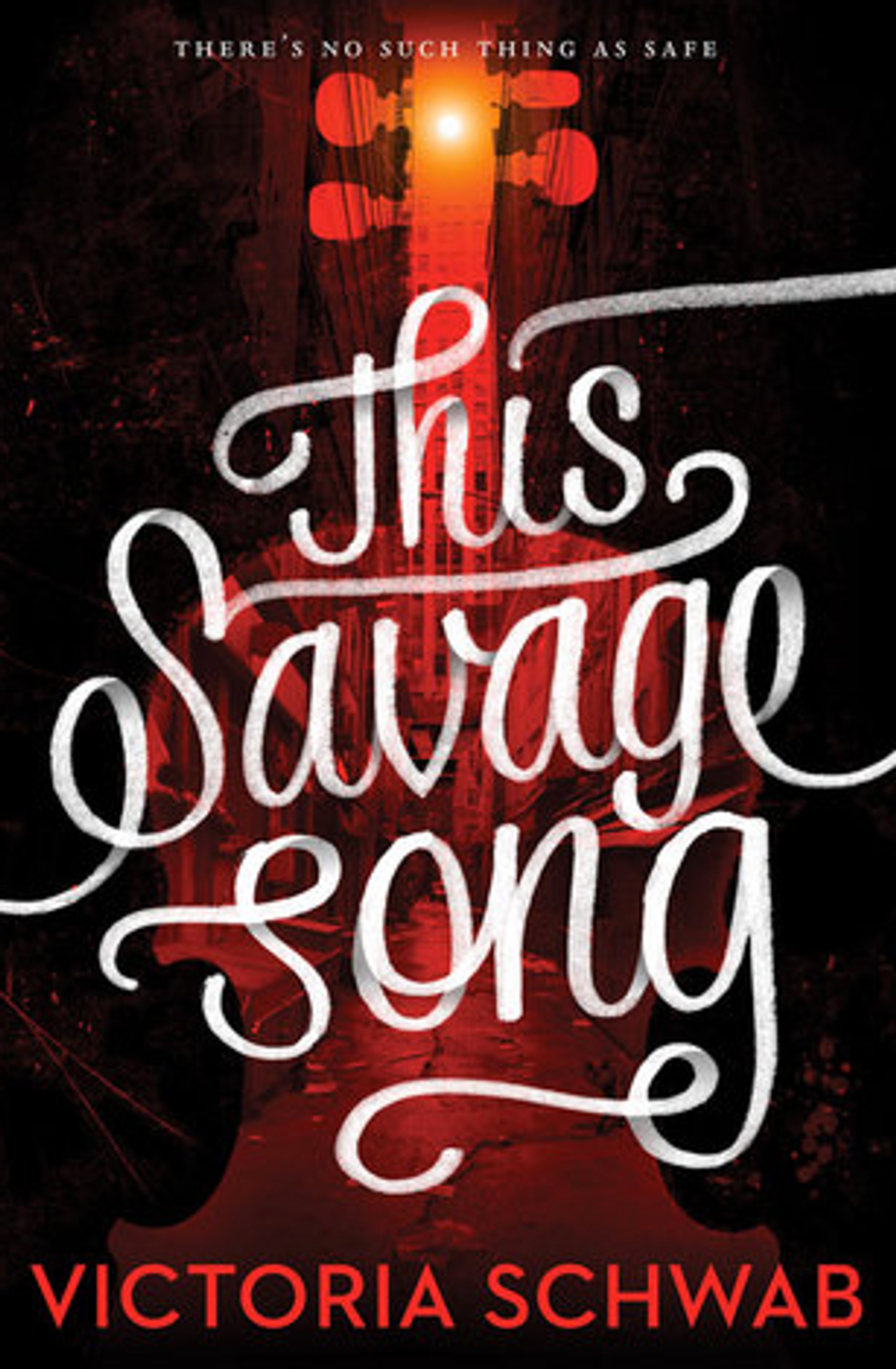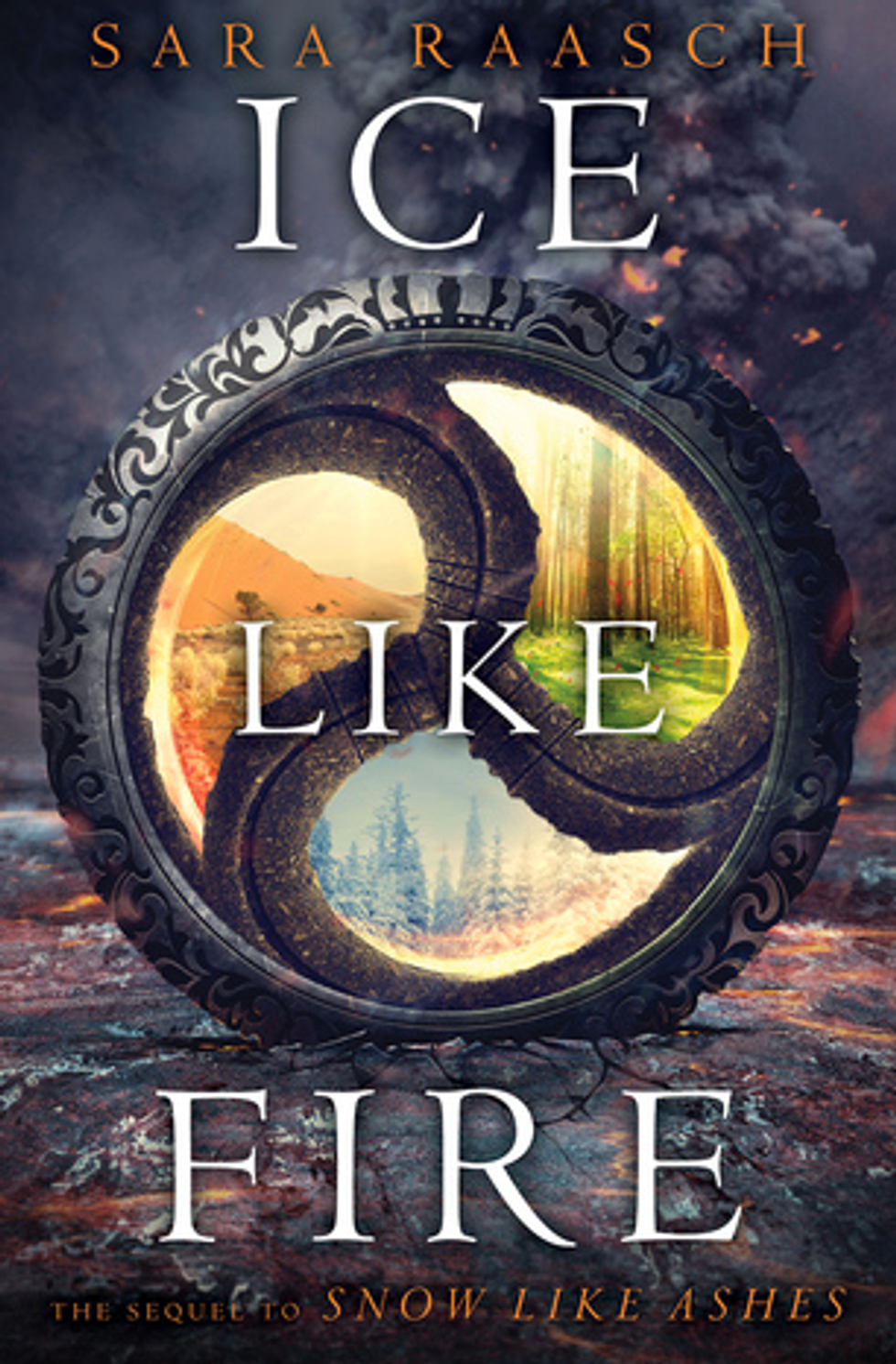In Harper Lee’s “To Kill a Mockingbird,” Scout says that she doesn’t remember a time when she didn’t know how to read. For this reason, I’ve never identified with a literary character more. From a young age, I could always be found with a book in my hand.
Growing up, I fell in love with “The Magic Tree House” series, as well as “A Series of Unfortunate Events” and “The Chronicles of Narnia.” Later, I fell head over heels for Rowling’s “Harry Potter” series. When I hit my teenage years, however, I found myself in a strange time of limbo–I didn’t have much interest in kids’ books anymore, but the world of adults seemed too distant and humdrum for me to investigate the non-fiction section of the library. So, I delved into the fiction section, encountering authors like Amy Tan, Ted Dekker, Dan Brown, and Jodi Picoult.
But wait–isn’t there a genre that’s made for teenagers? Did I really have to jump from children’s lit to modern fiction?
Well, at the time that I was going into my teenage years, “Twilight” had put down its roots into American popular culture, resulting in an explosion of vampire and werewolf teen lit. Suzanne Collins’ “The Hunger Games” hadn’t developed a fourth of the fandom it has today. Whenever I wandered through the teen lit section of libraries and bookstores, I was unimpressed by titles like “Can You Save Me with a Kiss?” or “My High School Boyfriend is a Greek Sex God.” (Okay, maybe that’s a little exaggerated, but you get the point.)
With the eruption of “The Hunger Games” and “Divergent” series came a flood of dystopian teen lit, also known as Young Adult (YA) literature. The demand for YA books was more than libraries and bookstores could keep up with.
I remember being 396th on my library’s waiting list for a copy of “The Hunger Games.” With the change in how people viewed YA literature, I became more and more interested in the genre that I’d previously ignored.
By the time I reached my sophomore year in college, I was hooked on YA literature. As a rule of thumb, I still tend to avoid books with vampires, werewolves, angels, or demons (too gimmicky). However, this genre offers many things that adult fiction lacks. The writing styles of writers like Maggie Stiefvater, the heart-wrenching stories of authors like Rainbow Rowell, and the depth of characters and worlds created by writers like Rick Riordan–these simply cannot be missed.
The worthwhile YA literature also has the unique feature of not focusing entirely on sexual scandals or affairs, as much modern adult fiction tends to do. YA authors concentrate instead on the depth of human emotion at an age when characters are still discovering themselves.
The openness and intensity of some YA characters makes it easy for readers to see themselves within the story. Going back to YA literature as a college student showed me that, although I’m technically an adult, I still have a lot of growing to do.
Still not convinced that YA literature isn’t child’s play? Take a look at these quotes below. I insist that these quotes and their corresponding YA books have the power to change not only the way you view YA literature, but the way you see yourself and the world.
“It’s not our ability to get forgiveness that saves us. It’s our ability to grant it.” - “This Side of Salvation,” Jeri Smith-Ready (p. 363)
“I live with my sins every day... I live with my guilt. But there are two kinds of guilt, girl: the kind that drowns you until you’re useless, and the kind that fires your soul to purpose.” - “An Ember in the Ashes,” Sabaa Tahir (p. 286)
“It’s one thing to know something in your head, but it’s another things entirely to convince your heart of it.” - “Daughter of Deep Silence,” Carrie Ryan (p. 280)
“But war makes monsters of us all, and the people who least deserve it pay the highest cost.” - “The Girl at Midnight,” Melissa Grey (p. 242)
“She recognized that strange happiness that came from loving something without knowing why you did, that strange happiness that was sometimes so big that it felt like sadness. It was the way she felt when she looked at the stars.” - “The Raven Boys,” Maggie Stiefvater (p. 223)
“He began to collect the pieces of his fragile heart, and though some would always be missing, there were enough of who he once was to fight...to go on.” - “Unhooked,” Lisa Maxwell (p. 340)
“Toska... It’s a Russian word. It has no translation into any other language, but the closest I’ve heard is ‘the ache.’ The sense that something is missing, and even if you’re not sure what it is, you ache for it. Down to your bones.” - “The Conspiracy of Us,” Maggie Hall (p. 82)
“What if this thing between us was only meant to last the day? What if we are each other’s in-between people, a way station on the road to someplace else? What if we are just a digression in someone else’s history?” - “The Sun is Also a Star,” Nicola Yoon (p. 308)
“But the beautiful thing about books was that anyone could open them.” - “This Savage Song,” Victoria Schwab (p. 149)
“I just like imagining the possibilities. That’s part of freedom too–getting to dream, and knowing it could happen if I want it to.” - “Ice Like Fire,” Sara Raasch (p. 252)


